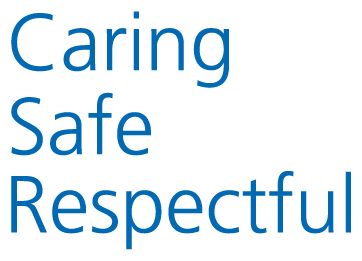Publish date: 11 November 2025
Resident doctors in Lancashire and South Cumbria are set to strike this week during a period of significant pressure for local health services.
The industrial action, due to run from 7am on Friday 14 November to 7am Wednesday 19, is likely to have a big impact on NHS services, with resident doctors – formerly known as junior doctors – making up almost half of the number of doctors in the NHS.
Hospital sites across the region have been reporting increases in the number of people attending emergency departments in recent weeks – a picture that is likely to become more challenging the further into winter we go.
The five-day walk-out will likely see planned appointments being postponed and longer waits in hospitals, while other health services are also expecting to be impacted.
Professor Craig Harris, chief operating officer at NHS Lancashire and South Cumbria Integrated Care Board (ICB), which organises health services for the region, said: “Winter months are always the busiest period for most NHS services, and we have already seen hospitals impacted earlier than usual with an increase in the number of flu and COVID-19 cases, among other winter illnesses.
“During industrial action, there is always a significant impact on services and there are plans in place to manage the disruption and protect emergency treatment. We will be doing all we can to avoid appointment cancellations, but unfortunately some appointments will be affected. However, we must stress that unless you hear from us, you should still attend as normal.
“Members of the public can play their part to help us during this difficult period by making sure they choose the right service – whether that is a pharmacy, GP, urgent treatment centre, or using NHS 111 Online for all non-emergency healthcare needs. In any life-threatening emergencies, please call 999 or attend A&E.”
NHS 111 Online should be the first point of call for all urgent but not life-threatening situations – or call 111 for treatment for under-fives.
NHS 111 can tell you:
- Where to get help for your symptoms.
- How to find general health information and advice.
- Where to get an emergency supply of your prescribed medicine.
- How to get a repeat prescription.
- How to get an emergency dental appointment.
More information about when to call 999 and when to go to A&E is available via the national NHS website.



